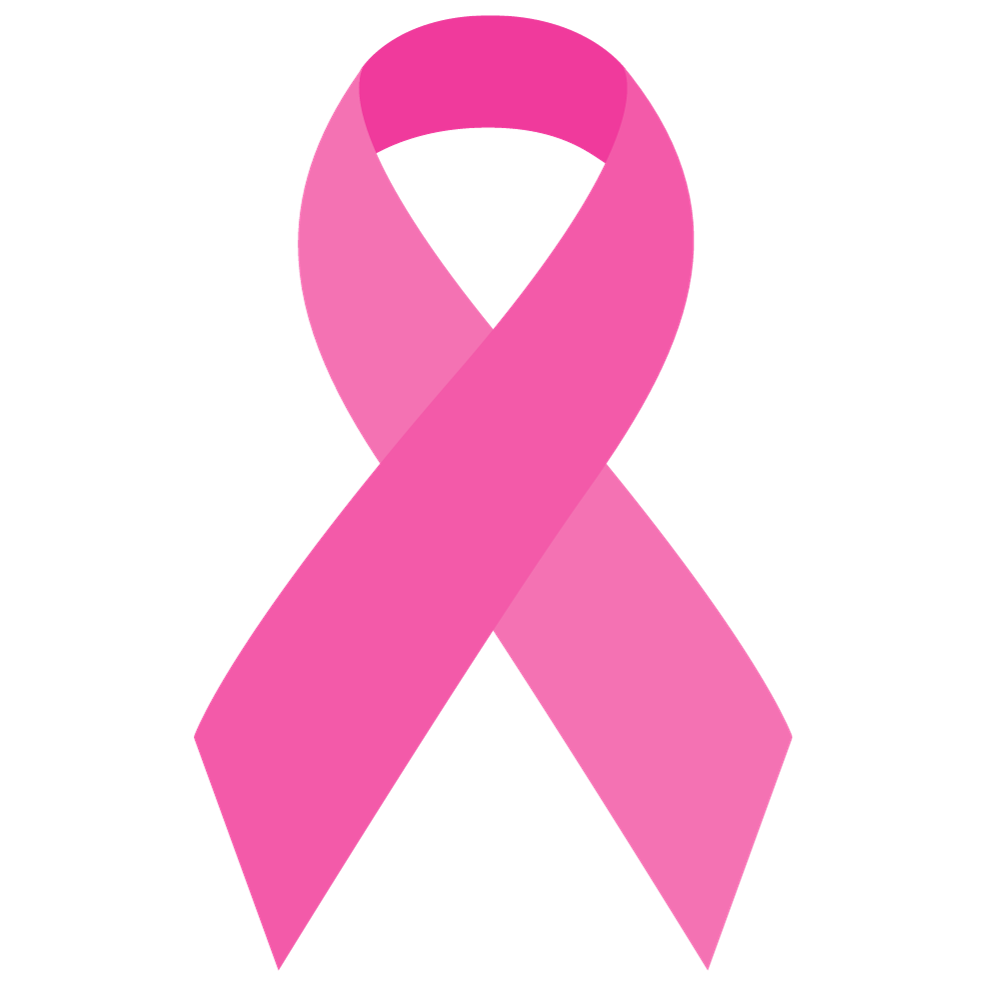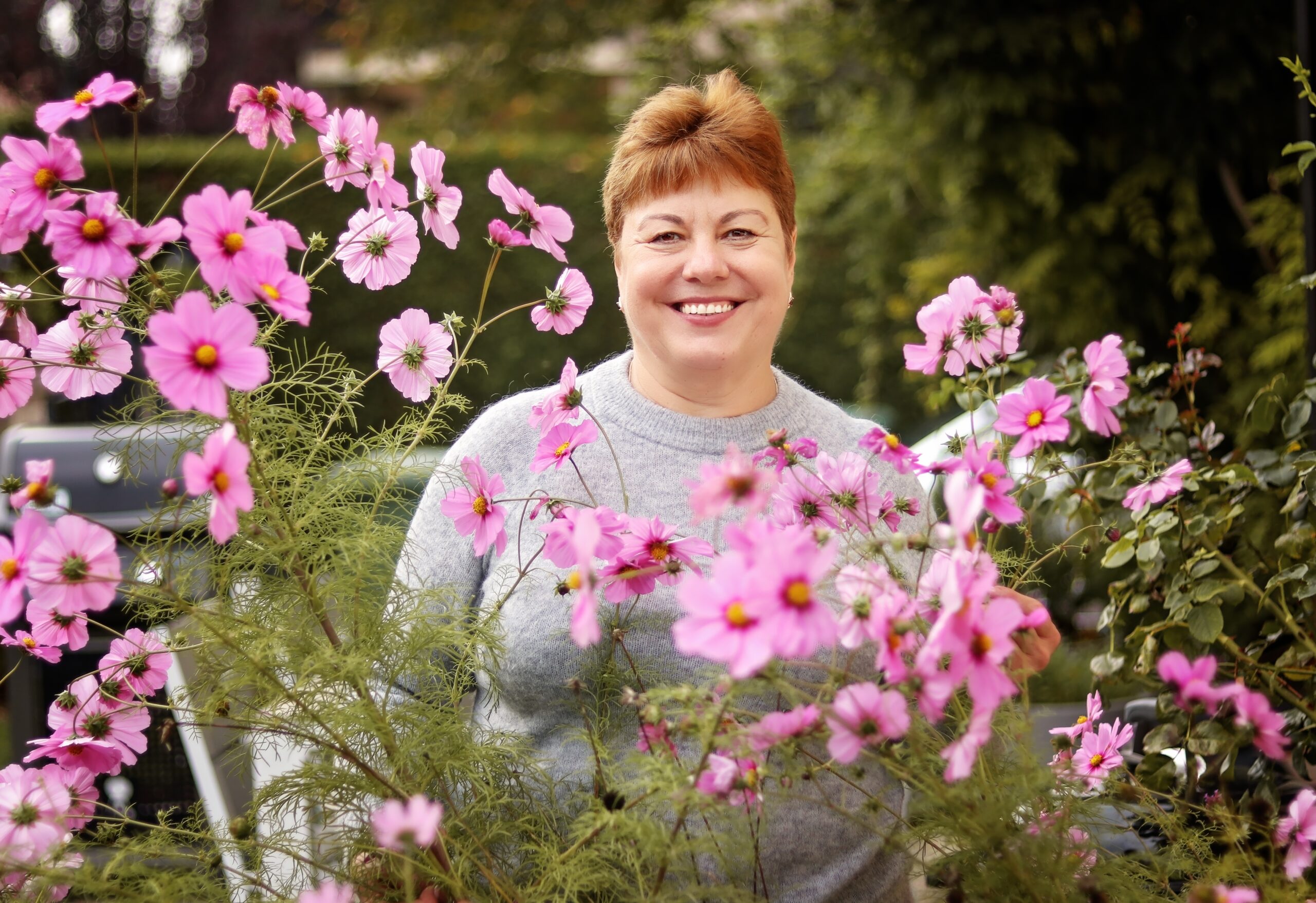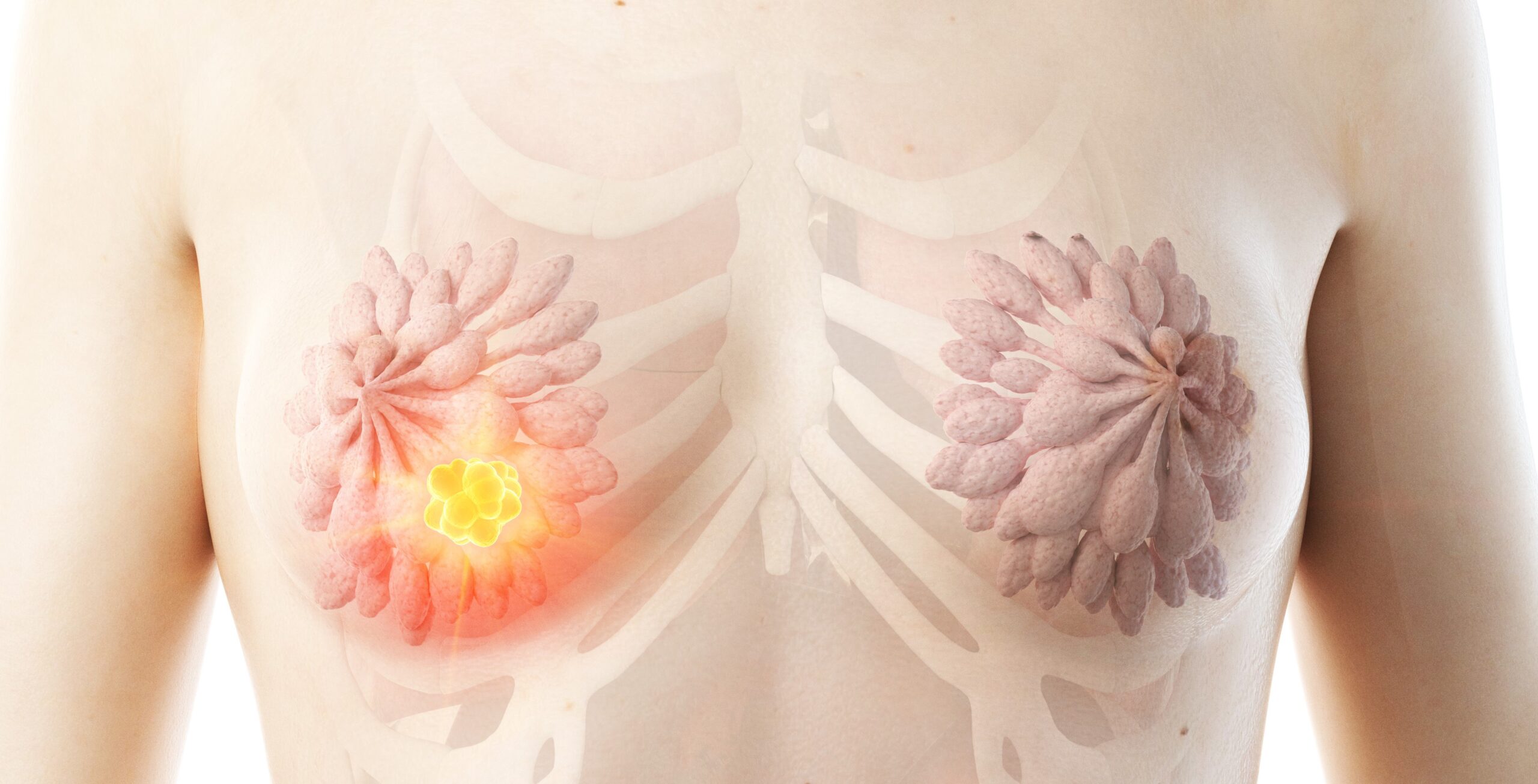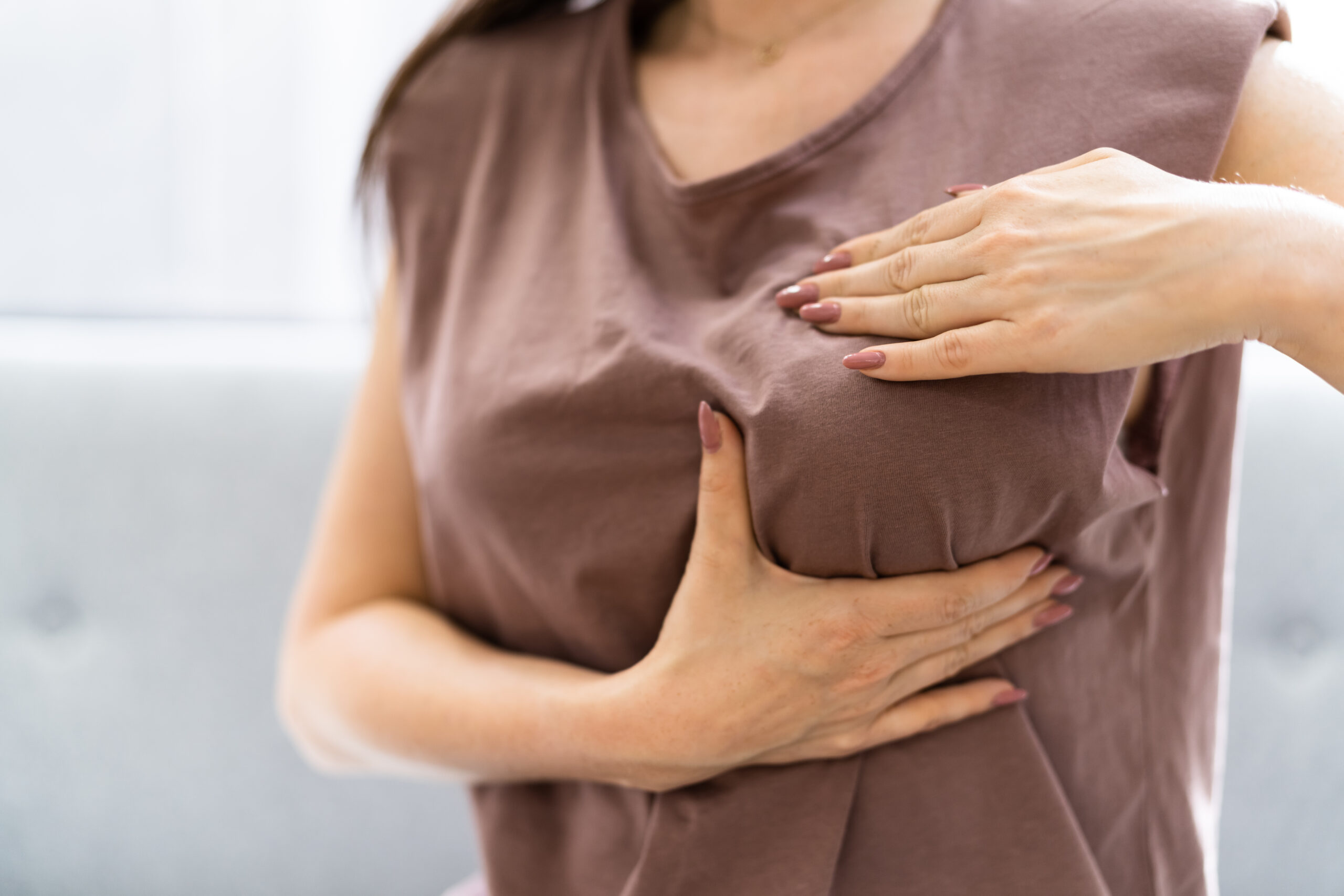
Breast cancer as a cause of pleural effusion, facts and figures, early detection and symptoms.
October 1 is International Breast Cancer Day and kicks off Breast Cancer Awareness Month, which is all about the pink ribbon! And breast cancer is also an important topic for us, because breast cancer can be the underlying and previous disease of pleural effusion or ascites. Learn more about breast cancer and developing a buildup of fluid in the chest in this blog article.

“I still remember the exact moment I found out about my breast cancer diagnosis. It felt like a truck was crashing into me. The whole thing was inconceivable to me at first. Like I was in a bad dream and it didn’t really affect me at all.” – Monika, 52, Tübingen

A diagnosis of breast cancer, or cancer in general, is a big shock for most people. This was also the case for Monika, 52, from Tübingen. To create more awareness about breast cancer and early detection, we want to educate about breast cancer with this blog post.
What is breast cancer? Facts and figures
Inbreast cancer (mammary carcinoma), a malignant tumor develops in the mammary gland. Unfortunately, breast cancer is one of the most common cancers in women. According to the RKI Center for Cancer Registry Data, approximately 70,000 women in Germany are newly diagnosed with breast cancer each year. From this, it can be concluded that about one in eight women will develop breast cancer during their lifetime.
Interesting side fact: Men can also develop breast cancer. However, the number of new cases is very low – about 750 per year.
How can breast cancer be prevented? Prevention, screening and early detection

How can I prevent breast cancer myself?
As with any cancer, prevention through a healthy lifestyle is very important. This includes:
- Balanced and healthy diet
- Abstaining from tobacco and alcohol
- Regular exercise
What are the screening tests?
For most cancers, the earlier the cancer or malignant tumor is detected, the greater the chances of recovery. This also applies to breast cancer, which is why early detection and prevention are all the more important.
Between the ages of 30 and 49 and 70 and older:
- 1x annual palpation examination. Your gynecologist will palpate your breasts and lymph nodes in your armpits. He pays attention to shape, size and indurations or other abnormalities.
Between the ages of 50 and 69:
- Mammography screening every two years. Here, the breasts are examined using a special X-ray procedure.
The costs for regular screening examinations are covered by the statutory health insurance.
How can I feel and detect breast cancer myself?
Palpation by your gynecologist is important, but it is also important that you palpate your breasts regularly yourself. Because this is how you get to know your breast, familiarize yourself with your breast and can better classify abnormalities. During self-examination, they palpate the breast, nipple, and armpit.

How can I recognize breast cancer? Symptoms
In the early stages, breast cancer causes no symptoms, but breast cancer can be detected by palpation. The following symptoms may indicate breast cancer:
- Hardening in the chest
- Enlargement of a breast
- Deformation of a breast
- Skin changes –> Dandruff, itching, wetness, orange peel skin.
- Discharge from the nipple
- Breast cancer in advanced stages can lead to fluid accumulation around the lungs.
Breast cancer as a cause of water around the lungs - pleural effusion
Breast cancer can cause various symptoms and associated conditions. An accompanying symptom may be the accumulation of fluid around the lungs. Colloquially, this is referred to as “water in the lungs” and in technical language as pleural effusion.
14 percent of our patients suffering from pleural effusion have breast cancer. This data comes from our ewimed patient questionnaire and relates to patients we provide with our products.
Source: ewimed Report 2023
In the advanced stages of breast cancer, metastases can occur in the surrounding tissue – the cancer spreads and spreads. When breast cancer cells grow into the surrounding tissues and affect the lungs, a pleural effusion can develop.
Due to the accumulation of water, patients may suffer from breathing difficulties, chest pain and cough. You can find more symptoms and causes of water around the lungs here.
How can pleural effusion be treated and drained? More quality of life with ewimed
The focus is on treating the underlying disease – in this case breast cancer. To drain the pleural effusion, ewimed offers several treatment options. Thus, a catheter is implanted within a minimally invasive procedure. After the patients are back home, the drainage of the pleural effusion can be safely and easily performed by the patient herself. ewimed supports you with a well-rounded care concept, including personal training at home and our ewiApp, which helps with documentation and drainage.
What are the advantages of domestic drainage? More quality of life with ewimed
- Improved mobility and quality of life
- Minor surgery to implant catheters
- Hospital stays are shortened or eliminated
- Low risk of infection
- Independent, fast and safe drainage from home
- No repeated punctures

